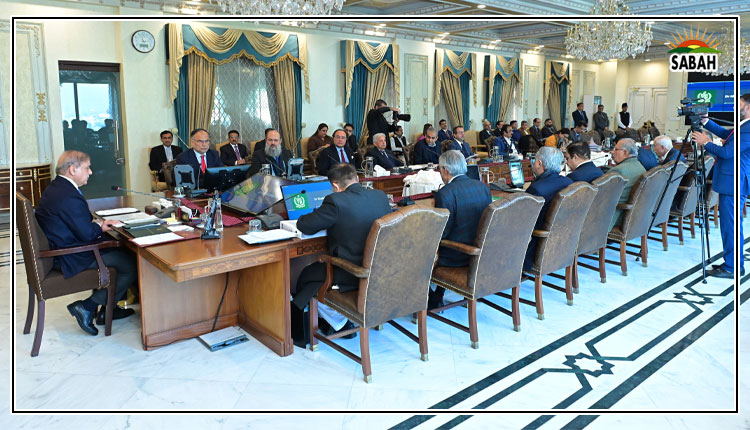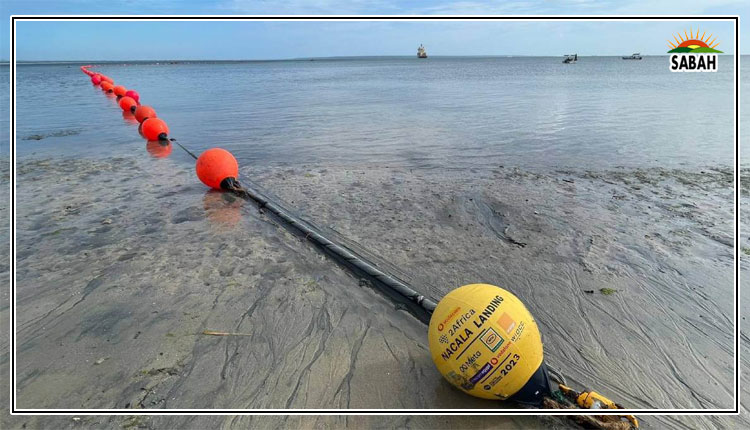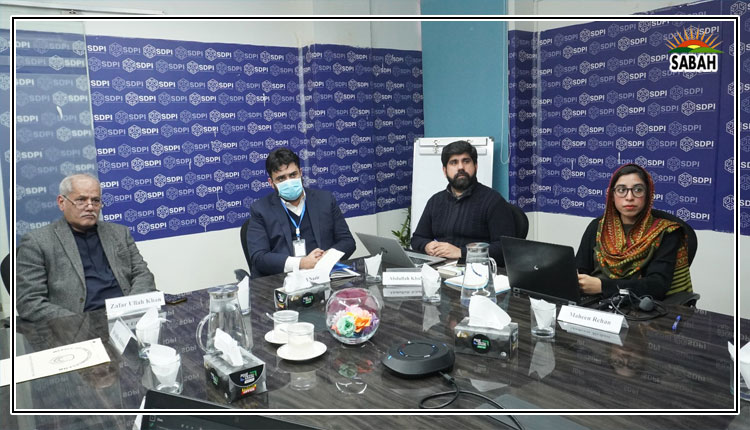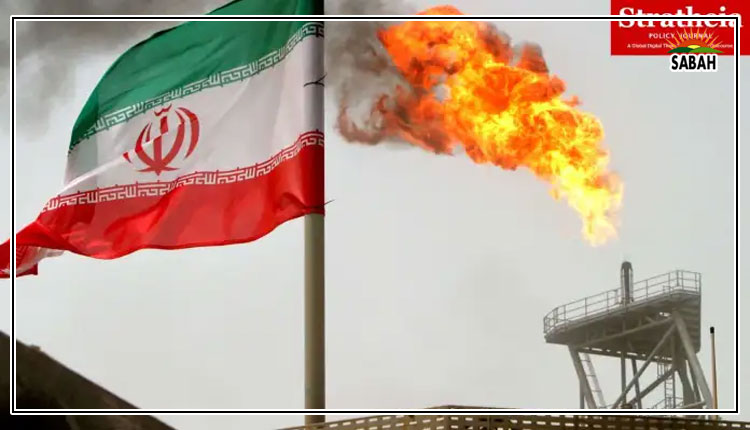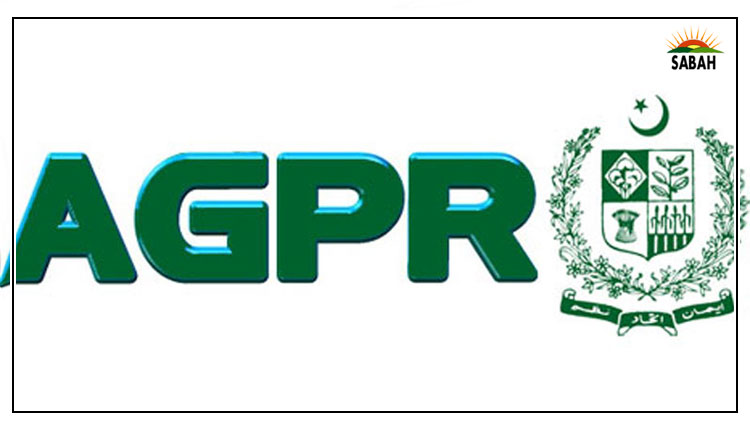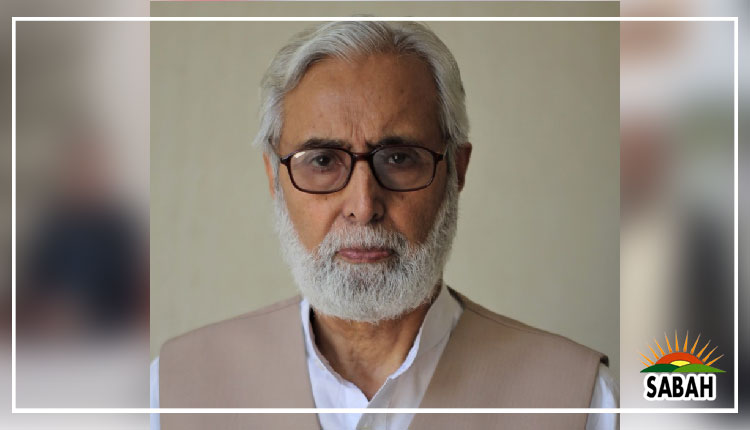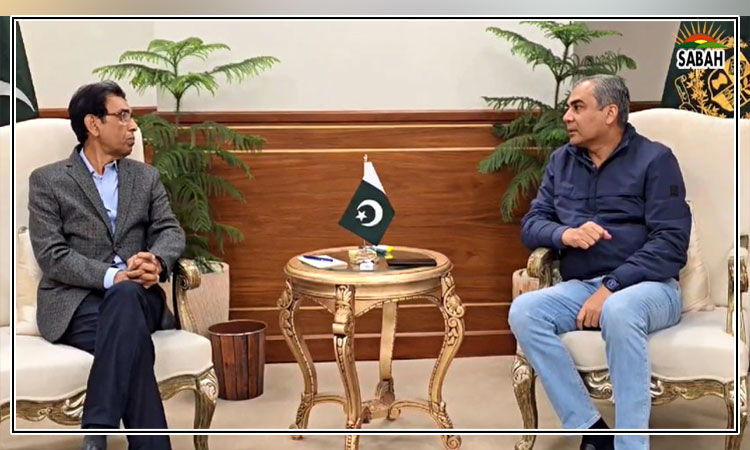Dealing with natural and man-made catastrophes…Talat Masood
Pakistan is one of the most disaster-prone countries. In its 76 years history it has suffered multiple disasters, natural and those induced by human neglect. It is also one of the most ill-prepared countries to deal with the emergencies and that further aggravates the magnitude of the disaster and the suffering of its people. Riverine floods in the Indus River Basin, flash flooding, storms and glaciers melting affect Pakistan frequently. Earthquakes of high intensity and landslides are a common feature. Human-induced or natural forest fires affecting the lives and livelihood of people, besides destroying the ecology, are on the increase. It is the result of the indifference and neglect that successive governments and society in general have towards taking preventing measures. Only a few non-governmental organisations are engaged in promoting awareness on these issues and giving guidelines for the prevention and preparedness to address disasters. The adverse impact of not treating these issues seriously is incalculable on the people, the national economy and on the flora and fauna. Fires destroy plants, kill animals, pollute the environment and damage the soil for a long time. Release of large amounts of CO2 affects negatively against the efforts to combat climate change. People continue to suffer for days and weeks as the air remains polluted with ash and dark clouds of smoke. Farmers whose sole source of income is their agricultural products lose everything. For residents of Lahore, Gujranwala, Faisalabad and many others it is a common phenomenon. What adds to their misery and health problems is the pollution spread by unregulated factories and burning of waste in the open.
What is not only surprising but of serious concern is that the government and the people are not giving the subject the attention it deserves. According to the Federal Flood Commission, Pakistan experienced as many as 28 super riverine floods during the last 76 years. The first one occurred in 1950, only three years after the independence, when Pakistan was struggling with the pangs of its birth. During the middle fifties not, a year passed when we did not have floods; and not a year passes since 2010 that hasnt brought death and destruction and huge losses to life and property. It is the poor, already struggling to survive, are the worst affected. Many having lost their homes and the meagre belongings they have migrate to cities or make temporary camps their permanent abode, while the government authorities seem helpless and look the other way. There have been instances when the government officials have pounced on them if the land they are occupying is to be converted for housing of the elite or the construction of a market place.
From the information available of floods and natural disasters before the independence it appears the response of the government and communities has been more efficient and responsive, which reflects sadly on the recent governments and the attitude of the society. For we have today greater resources available for countering the aftermath of natural and human-induced hazards.
The role of the armed forces and paramilitary forces has been crucial in dealing with the aftermath of floods and other calamities, be it natural or human-induced. They have resources, organisational ability and motivation to assist and play an effective role directly or in aid of civil power. The military has played a commendable part during these crises.
Experience shows that some of our relevant organisations are casual in dealing with environmental issues and eco systems. I would go even further that the failing is more intrinsic. We as a nation have not developed a culture that is safety conscious and regards well-being of our people as sacrosanct. Reinforcing this trend are the modern compulsions of a market-based economy. Otherwise, the cost of ecological destruction is colossal that a developing country like ours could ill-afford.
With all the experience of facing disasters, a major reorientation in our attitudes and responses is necessary. We as a nation have to take effective additional measures and be prepared to ensure by minimising loss of human life, suffering and drain on the economy. Besides the government agencies, it is the function of non-governmental organisations (NGOs) to train and organise at the community level to deal with different types of disasters.
The frequency of accidents on roads and elsewhere are a constant reminder of how ill-organised and callous we as a society are about safety. No city illustrates this better than Karachi. It is literary a free for all. By and large there are no rules to be followed or laws to be obeyed while moving on the roads and highways. This freedom is specially enjoyed by motorcyclists. The dangers inherent in this wayward approach towards life do not seem to bother them. What is intriguing and rather depressing that traffic police are mere spectators. The condition of roads speaks volumes of the inefficiency and height of irresponsibility of the local bodies and provincial government. No wonder one seldom sees foreigners in Karachi, although there were times when the city was an attraction for them especially as a hub for promoting trade and commerce.
Pakistan Railways is another embarrassing example of lack of safety culture. Accidents of goods and passenger trains keep recurring. On October 31, 2019 during a religious gathering near Lahore, a fire erupted on an overcrowded passenger train carrying pilgrims in which 74 people died and more than 40 injured, some of them critically. Goods and passenger trains getting derailed is a common feature. These happenings reflect major weaknesses in several areas be it broken tracks, old vintage engines, neglectful railway staff or poor oversight. Our national airlines and shipping vessels too need upgradation and modernisation to ensure safety of the highest standards. This would also facilitate permission or access to fly to more commercially attractive destinations.
In essence, there is need for a change in culture wherein safety acquires high priority. The returns in adapting this culture are immensely rewarding.
Courtesy The Express Trbune




